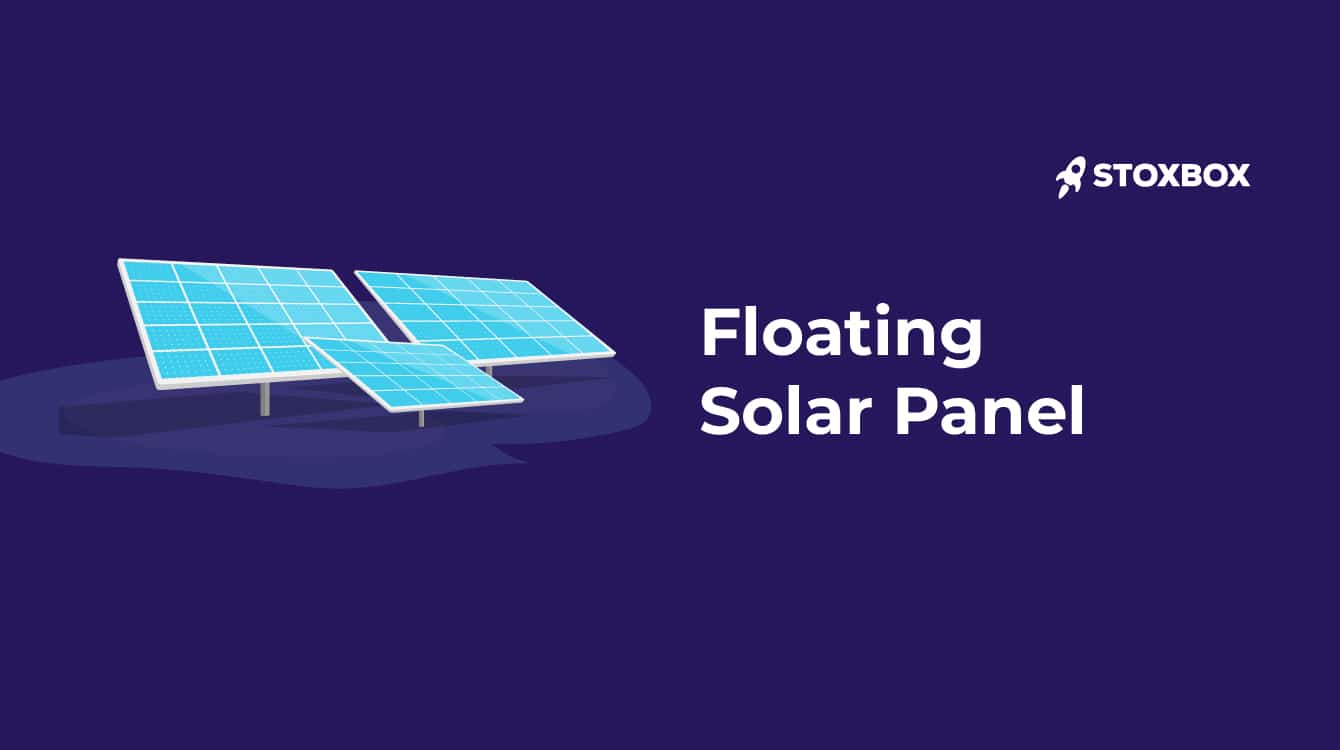The shift towards renewable energy has resulted in solar power becoming a leading source of clean energy. However, with limited land availability for solar panel fields, engineers have turned towards water as a solution. This has given rise to the concept of floating solar panel fields that are becoming increasingly popular due to the benefits they offer over traditional solar panels on land.
Floating solar panel fields are essentially solar panels placed on a platform that floats on the surface of water bodies such as lakes or reservoirs. These platforms are anchored to the bottom of the water body, and the solar panels are installed on top. The benefits of floating solar panels are numerous. Firstly, they take up less space than traditional solar panel fields, making them ideal for areas with limited land. Secondly, the water cools the solar panels, making them more efficient and able to generate more energy. Floating solar panels have a lower environmental impact as they require less land and can reduce evaporation and algae growth in water bodies.
Additionally, floating solar panels are designed to track the sun by using a computer system that follows the sun’s movement, maximizing their efficiency.
However, floating solar panels have some drawbacks. They require access to water and can be difficult to install. Nevertheless, as the technology continues to evolve, floating solar panels are becoming increasingly efficient and cost-effective. The demand for this technology is likely to increase, driving further innovation and improvements.
In conclusion, floating solar panel fields are the future of renewable energy as they offer many benefits over traditional solar panels on land. By investing in this technology, we can reduce our reliance on fossil fuels and move towards a cleaner, more sustainable future.
You might also Like.
Union Budget 2025-26 Impact on Sectors
Edit Announcement Impact Companies Enhancing the credit guarantee cover for...


